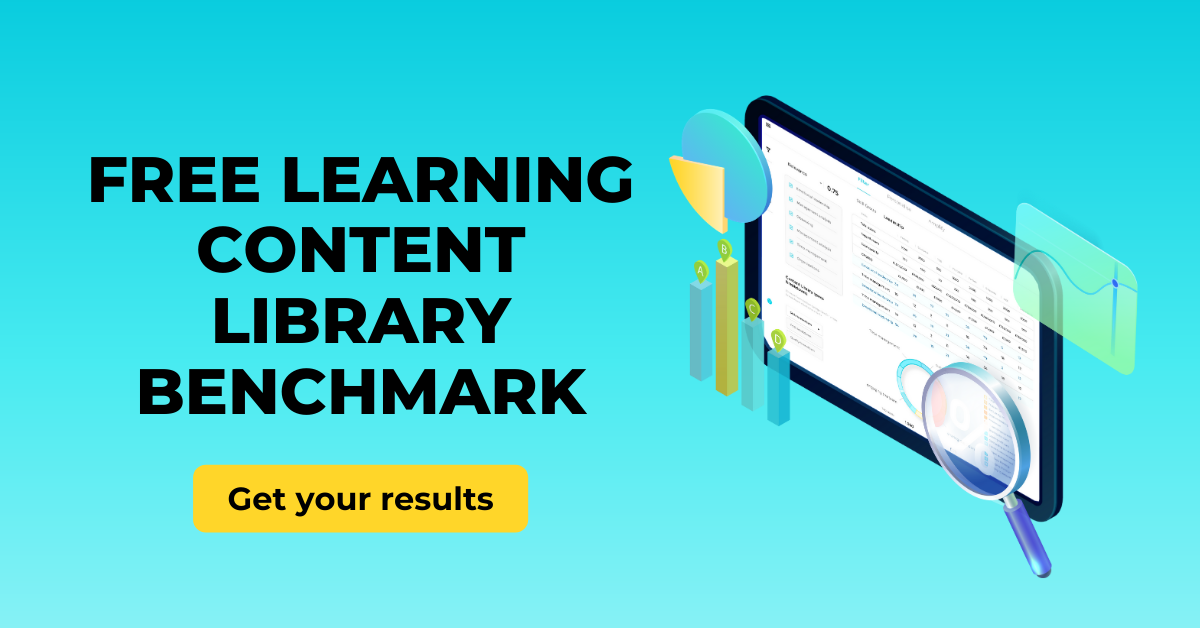Everyone’s talking about GenAI and skills. We all get and accept that the right skill set can make the difference between thriving and merely surviving, for individuals up to large enterprises. To help organisations navigate the complex landscape of essential skills, we've conducted an analysis, drawing from web searches and our extensive experience with skills frameworks over the past three years. Using Google search volumes as an indicator of general interest and the frequency of skill appearances in our frameworks as a measure of importance to corporates, we've compiled a list of the top 100 skills every corporate needs. Here's a brief overview of our findings and some insights which we hope you’ll find useful.
Methodology
We took two primary metrics: the popularity of skills based on Google search results and the frequency of their appearance in our skills frameworks. We also grouped similar terms to avoid redundancy and ensure a comprehensive ranking. Both scores are included in the report. Framework frequency was the measure we used for the ranking itself.
Observations
While the full list offers detailed insights and I invite you to dive in yourselves, here are some immediate observations:
1. Comprehensive coverage.
Our list of 100 skills covers at least 80% of the needs of most corporates we engage with. While each corporate situation is unique, aiming for perfection and cross-company alignment can be a trap. Instead, focus on flexibility and quick, actionable results. We're happy to assist with a free bespoke skills framework design for companies that match our Ideal Customer Profile.
2. Opportunity for free content.
Skills with low framework frequency but high Google search results suggest areas where free content can be leveraged and gaps filled. For example, ‘Agile’ appears frequently in web search results but less so in frameworks, so this might be an area for content development.
3. Reevaluating skill inclusions.
Conversely, skills with high framework frequency (towards the top of the list) but low search results may need reevaluation. If these skills are part of your taxonomy, consider their continued necessity. For instance, ‘Supplier management’ occurs in very many corporate frameworks but isn’t provided for much online. Perhaps this its importance in the corporate world is exaggerated. Of course, it could also be that the corporate need is correctly disproportionate to general interest. In fact, in this particular case, this is likely true.
4. GenAI.
Generative AI is already making its mark, in at #95, and its relevance is increasing rapidly with each week. For more on AI's current impact, see our piece on AI Now. Regardless of speculations of industry experts and everyone else, there's much that can and should be leveraged right now.
5. Microsoft, Microsoft, Microsoft.
Microsoft-related skills are prominent, as ever, with no fewer than FIVE entries. From Excel to PowerPoint and Azure to PowerBI and now of course CoPilot, the Microsoft tech stack is foundational for many corporates. Practical tip: ensure your learning system's search results for tools like Excel are high-quality and relevant. If they aren't, your system is probably failing the basic discovery test.
6. Time management.
Time management is a perennial top-10 search query. If you're looking for the ultimate technique in time management (it’s called TIMEBOXING), please talk to me. Any time.
7. Nuancing & levels.
Each skill can and will often need to be nuanced, along with levels. Our approach to levelling involves making skills topics more granular and attributing content to these more specific areas. While levelling content according to user experience remains challenging, our method has proven to be highly pragmatic and effective for clients.
This analysis provides a useful starting point and foundation for addressing the skill needs of corporates. Whether you're looking to refine your existing skills framework or build one from scratch, this list might jump-start your journey. Remember, achieving quick results through flexibility is usually preferable to chasing perfection. We’ve seen companies spend two years doing what could be done in a couple of weeks, literally. And if you need some guidance on getting to the right skills, we're right here.


